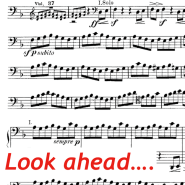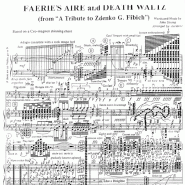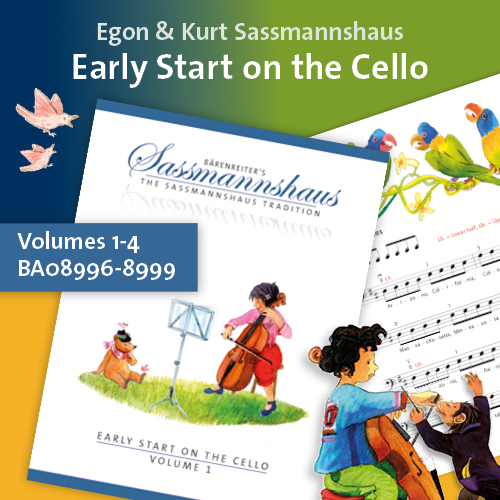Tag: sight-reading
By Robert Battey February 3, 2012
Subjects Practicing
Tags Accomplishment, Battey, cello, cellobello, character, Coordination, Development, dynamics, Effective, ensemble, harmony, Janos, Listening, music, perfection, Rhythm, sight-reading, Starker, success, Technique
By Robert Battey January 1, 2012
Subjects Practicing
Tags ability, Battey, cello, cellobello, chamber music, ensemble, Observation, Practice, Rhythm, robert, sight-reading, success, Technique, virtuoso
By Robert Battey December 1, 2011
Subjects Practicing
Tags art, Battey, cello, cellobello, chamber music, coaching, conservatory, Development, discipline, ensemble, frustration, goals, music, music-making, robert, sight-reading, students, Teaching, Technique, workshops



